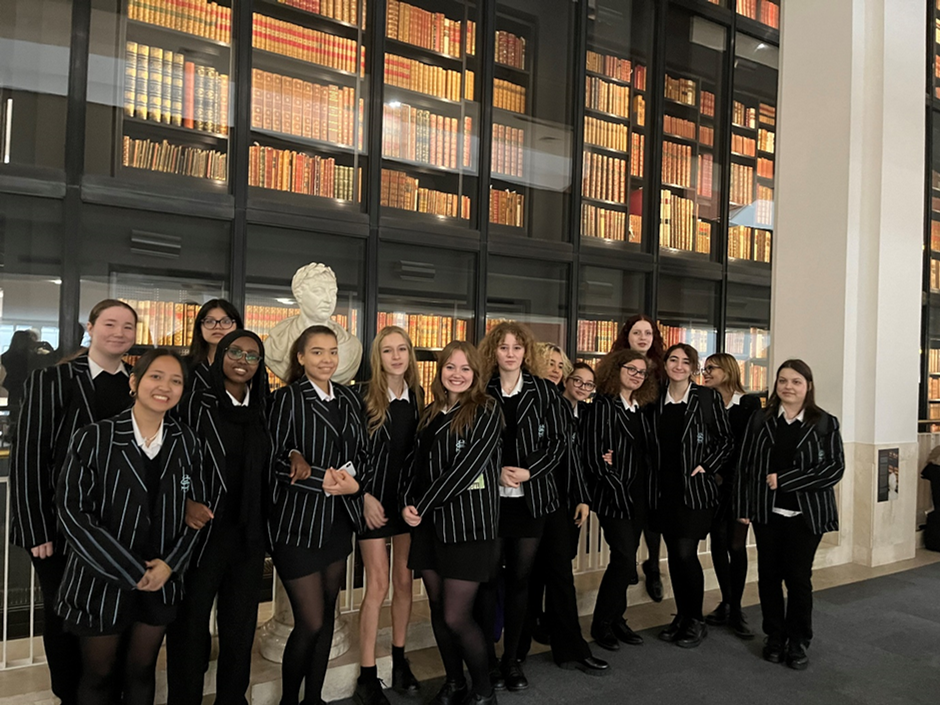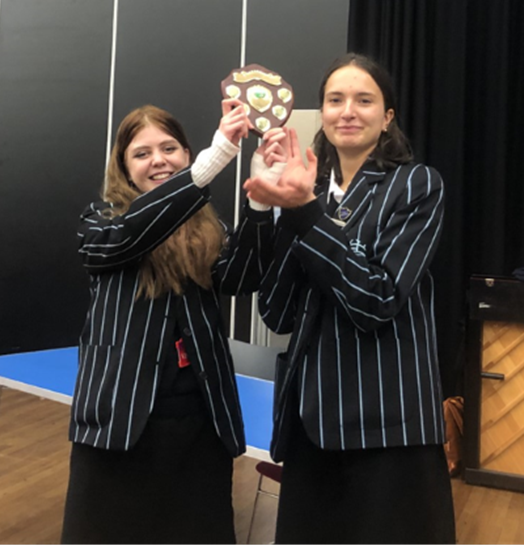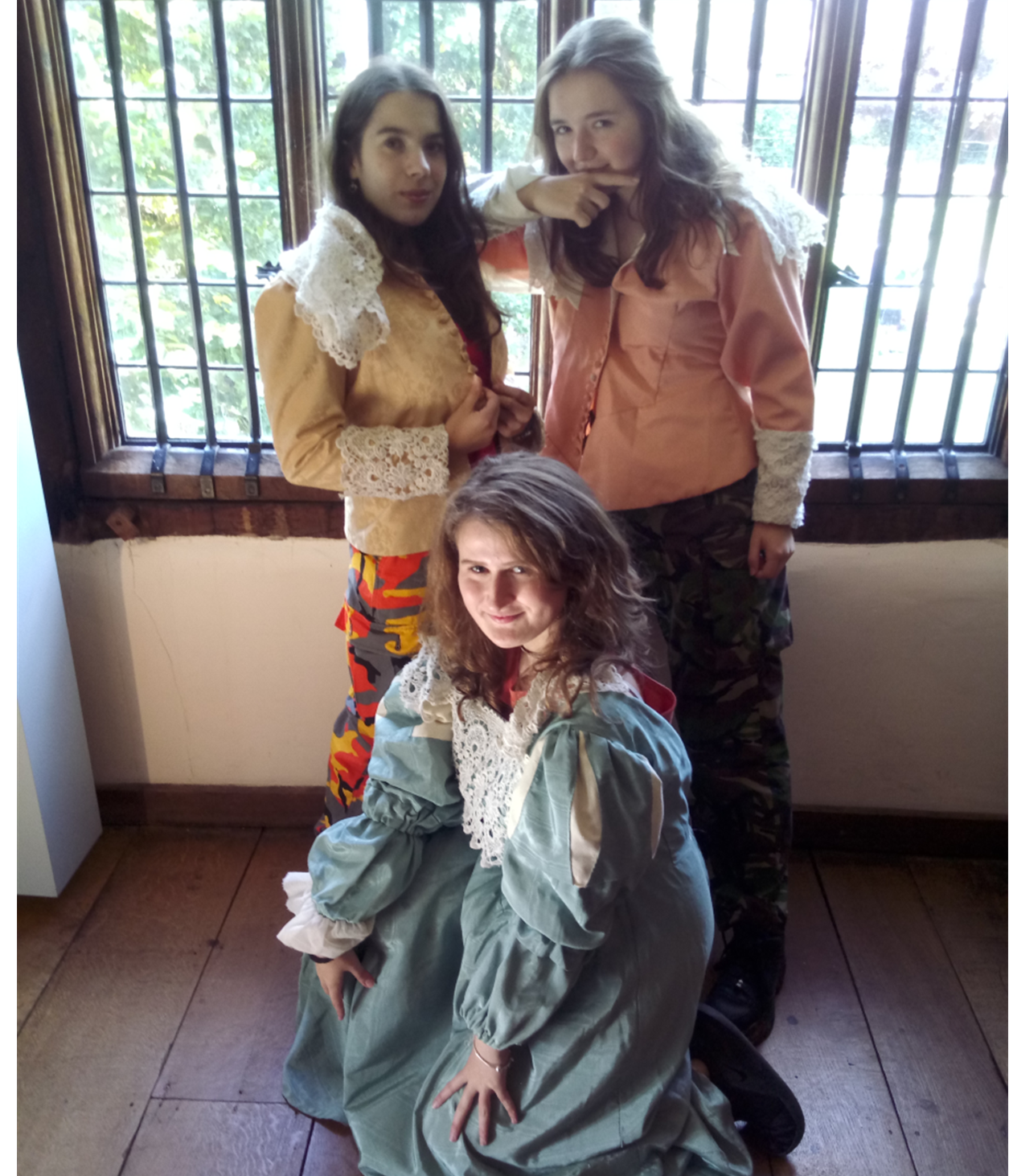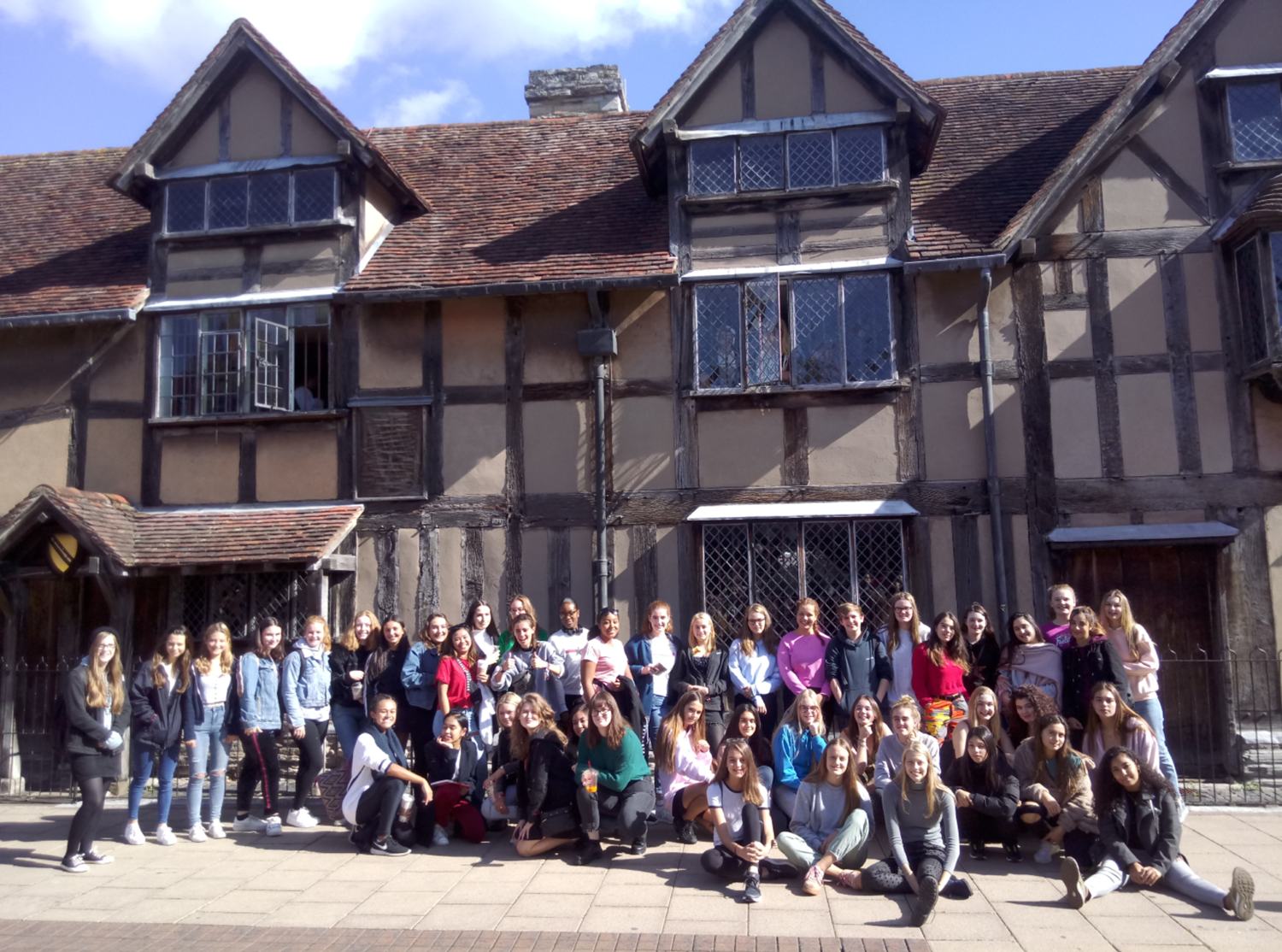English Literature A-Level
'That is part of the beauty of all literature. You discover that your longings are universal longings, that you’re not lonely and isolated from anyone. You belong'. - F. Scott Fitzgerald
Entering into an A-Level course in English Literature is opening a Pandora’s box of knowledge, ideas and experiences which will broaden your horizons and lead you in challenging, thought-provoking and surprising new directions. However, the journey is not for the faint-of-heart; there will be great challenges along the way as you grapple with topics as diverse as the position of women in medieval society and the corruption at the heart of the American dream. You will meet unforgettable characters – faded Southern belles; rich, heart-broken bachelors; corrupt, ruthless kings - who may make you reconsider everything you thought you knew. You will find greed, heartache, fear and violence, but also love, bravery, friendship and redemption.
What We Study, OCR A Level English Literature
In English Literature, students encounter and study the triumvirate of English Literature – prose, poetry and drama which will be familiar to all students from KS3 and GCSE. Following the prestigious OCR exam board specification, in Year 12 we study the play A Doll’s House by Henrik Ibsen and the narrative poem, The Merchant’s Tale by Geoffrey Chaucer. We also study either two American novels or two Dystopian novels: The Great Gatsby by F Scott Fitzgerald, The Age of Innocence by Edith Wharton or The Grapes of Wrath by John Steinbeck; 1984 by George Orwell and The Handmaid's Tale by Margaret Atwood. These novels are augmented by wider reading and study of either dystopian literature or other American texts written between 1880-1940. In Year 13, we study Richard III or Hamlet by William Shakespeare. By the end of the course, students submit a portfolio of coursework including a close reading of the play A Streetcar Named Desire by Tennessee Williams and a postcolonial comparative essay focused on the novel Small Island by Andrea Levy and poetry collection Look We Have Coming to Dover! by Daljit Nagra.
Lessons are full of lively discussion, debate and opinion, preparing our young people for university and the workplace. In contrast to GCSE, all classes benefit from being taught by two teachers, each with their own area specialisms. The exams require students to write analytical essays which engage with and analyse the writers’ crafting of form, structure and language, contemporary and historical contexts and various critical and theoretical interpretations. Above all, the most successful students demonstrate a proactive approach to reading, writing and talking about literature, including being confident in formulating their own ideas and opinions and not being afraid to articulate these in discussion or writing.
Beyond The Classroom
Plays are written to be seen, not merely read, and we are very passionate about visiting London’s theatres to experience live drama. In recent years we have enjoyed running a recurring residential trip to Stratford-upon-Avon, the birthplace of William Shakespeare, as well as attending the English and Media Centre’s student conference. Other fantastic opportunities to enhance your A-Level English Literature experience include essay writing workshops with the Royal Literacy Fund at the British Library and exhibitions at the Poetry Library in the Southbank Centre.
Our students are some of the most active volunteers in the Sixth Form ‘Reading Buddy programme’, supporting Year 7s and 8 with reading in the library one morning a week. We also provide access to MASSOLIT A-Level online video courses, to aid revision and understanding, produced by leading university academics. Other subject-specific benefits include subscriptions to E-magazine and English Review to support and aid wider reading around the subject as well as extracurricular links with St Paul’s Girls’ School, Notting Hill and Ealing High, and Putney High School for visiting speakers and student conferences related to English Literature.
 |
 |
 |
 |
Where It Might Lead
Through studying A Level English Literature you will gain vital transferable skills in reading closely and attentively, as well as becoming a more concise, rigorous and well-structured writer and communicator. Moreover, you will develop your ability to think critically, to analyse language and to understand the importance of contexts. Finally, you will develop the ability to work independently, as well as set and manage your progressing deadlines.
English Literature is a highly-regarded traditional A-Level and degree subject which has been long respected by universities and employers alike. Most often students continue on to an English Literature degree which covers literature in English from across the British Isles from medieval to the present day, but some students choose to apply to a specific American Literature course or the more interdisciplinary English Studies which also involves linguistic study of language. Many universities offer courses in joint-honours degrees and English is an incredibly popular choice for combining with History, Philosophy, Drama, Classics, Journalism, Film, Languages, Creative Writing and more. English Literature is one of the most sought after A Levels for students aspiring to study Law at university.
